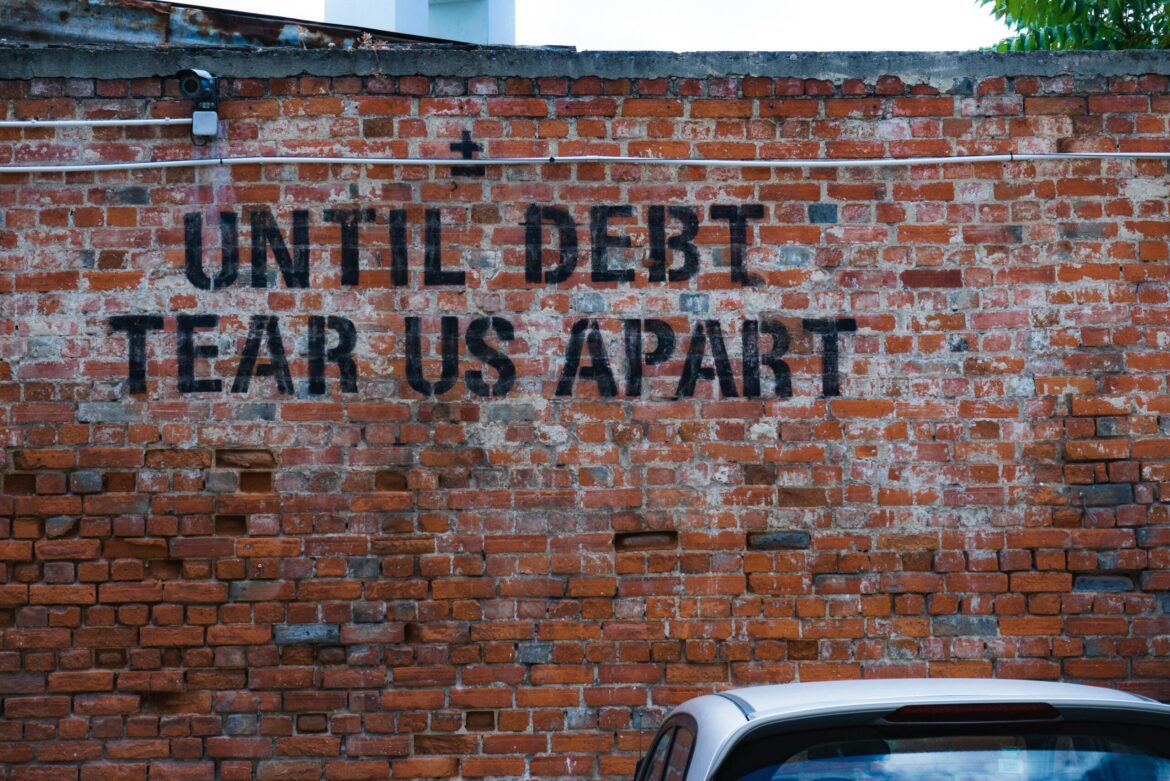As the United States nears its debt ceiling limit, Congressional leaders are caught in a fierce battle over how to address the looming financial crisis. The Treasury Department has sounded the alarm, warning that the government could run out of funds as early as next month, potentially leading to a default if the debt ceiling is not raised. With the threat of default hanging in the balance, lawmakers from both sides of the political aisle are scrambling to find a solution, but reaching a consensus appears increasingly difficult.
Democrats, led by Senate Majority Leader Chuck Schumer, are advocating for a “clean” increase to the debt ceiling. This approach, they argue, is crucial to prevent the United States from defaulting on its obligations, which would have disastrous effects on both the domestic and global economies. Schumer has been vocal in emphasizing that raising the debt ceiling is a matter of fiscal responsibility, necessary to ensure the government can continue to function and meet its financial commitments without risking economic turmoil.
“We will not allow the United States to default on its obligations,” Schumer stated firmly, reinforcing the importance of maintaining the country’s creditworthiness and economic stability. He stressed that the debt ceiling issue should not be used as leverage for unrelated political negotiations, and any attempt to tie it to other policy demands would only exacerbate the crisis.
On the other hand, Republicans, led by House Speaker Mike Johnson, are pushing for a more stringent approach. They are demanding substantial cuts to federal spending in exchange for agreeing to lift the debt ceiling. For Republicans, the issue of government spending is one of the central concerns in the debate. They argue that raising the debt ceiling without addressing the country’s unsustainable fiscal trajectory would be irresponsible and could lead to future financial instability.
“Raising the debt ceiling without cutting spending is reckless and irresponsible,” Johnson argued, stressing that fiscal discipline and reducing the national debt should be at the forefront of the conversation. The GOP’s position is clear: they will not support any debt ceiling increase without significant spending cuts, a stance that has set the stage for a potentially protracted standoff.
As both sides dig in their heels, the threat of a government shutdown or a downgrade of the nation’s credit rating looms large. The consequences of failure to reach an agreement would be far-reaching, with experts warning that a default could trigger a sharp recession, disrupt global markets, and erode investor confidence in U.S. debt. The clock is ticking, and the stakes have never been higher.
With the deadline fast approaching, Congressional leaders are under immense pressure to reach a deal that balances the need to avoid default with the demand for fiscal reforms. However, as the partisan divide deepens, the path to a compromise remains unclear. In the coming days and weeks, all eyes will be on Washington as lawmakers try to navigate one of the most significant fiscal challenges the country has faced in recent years.

